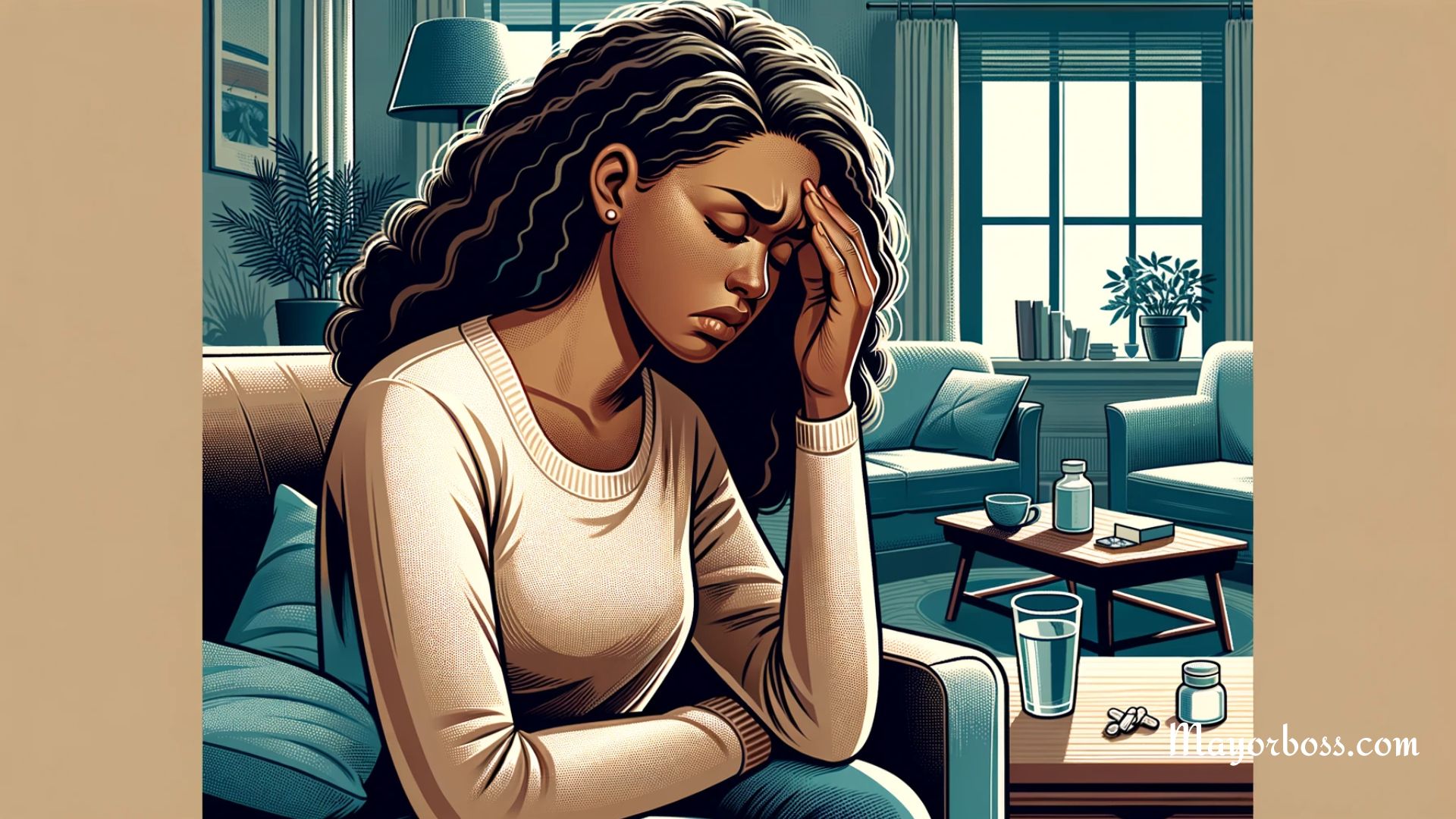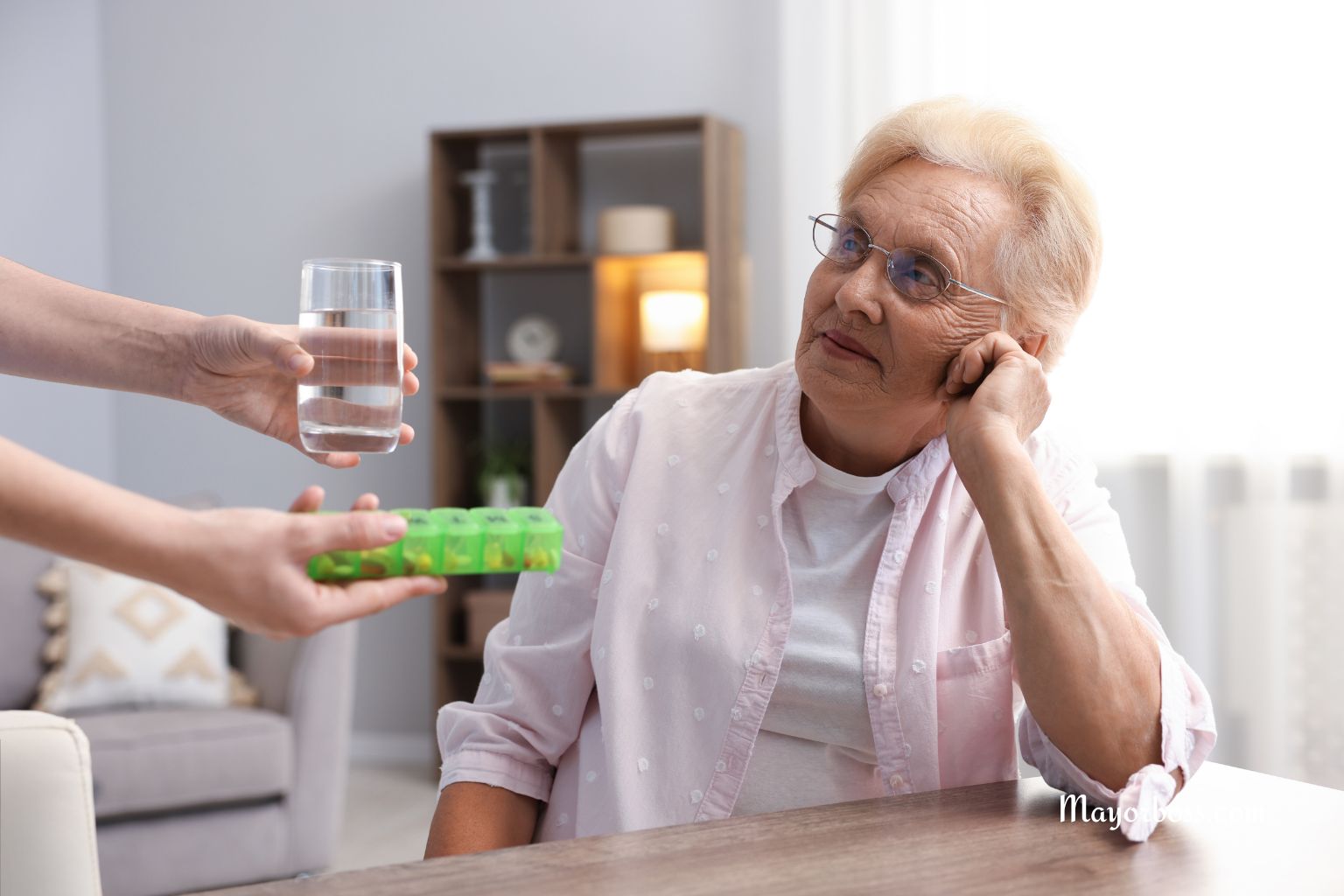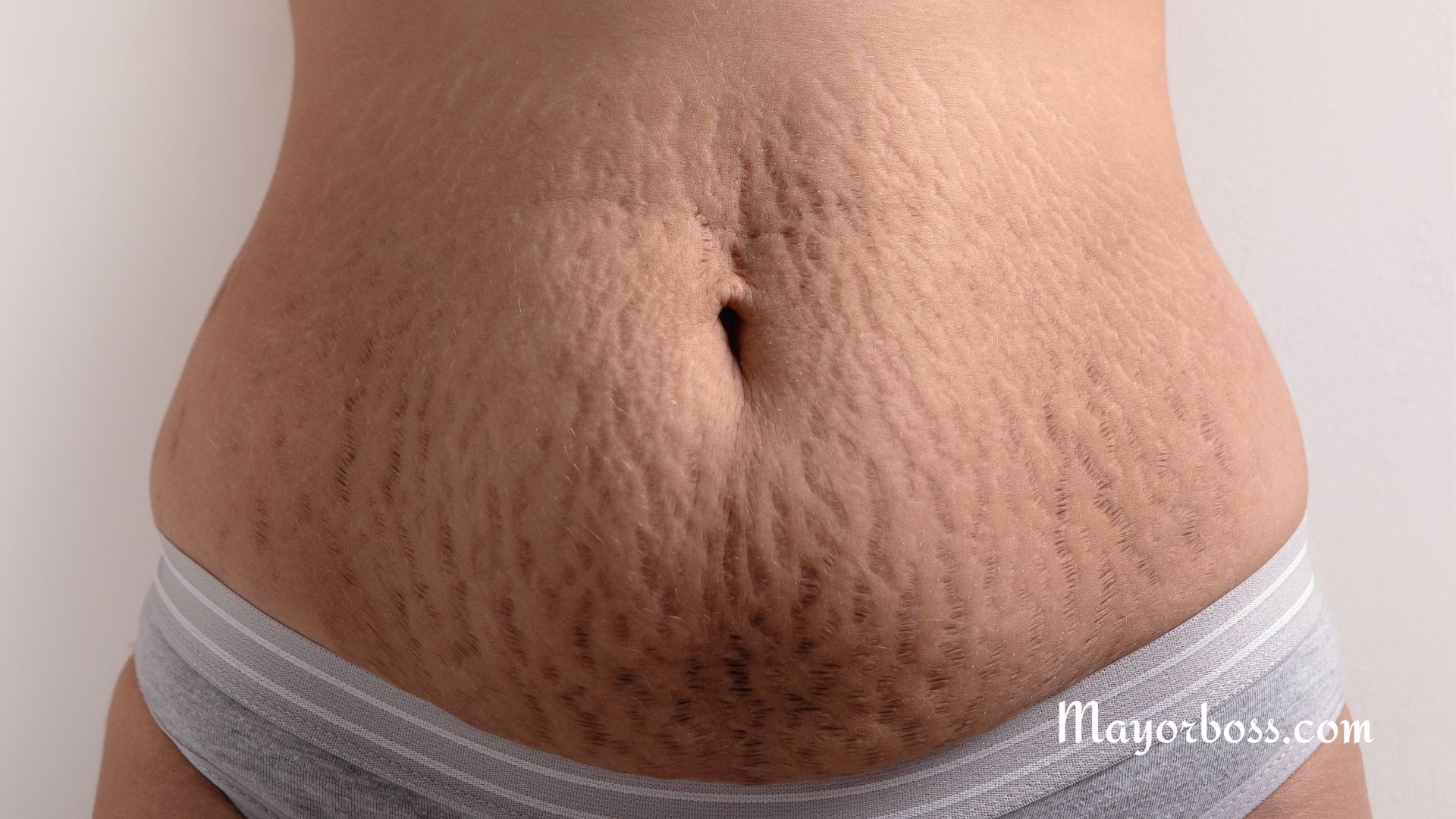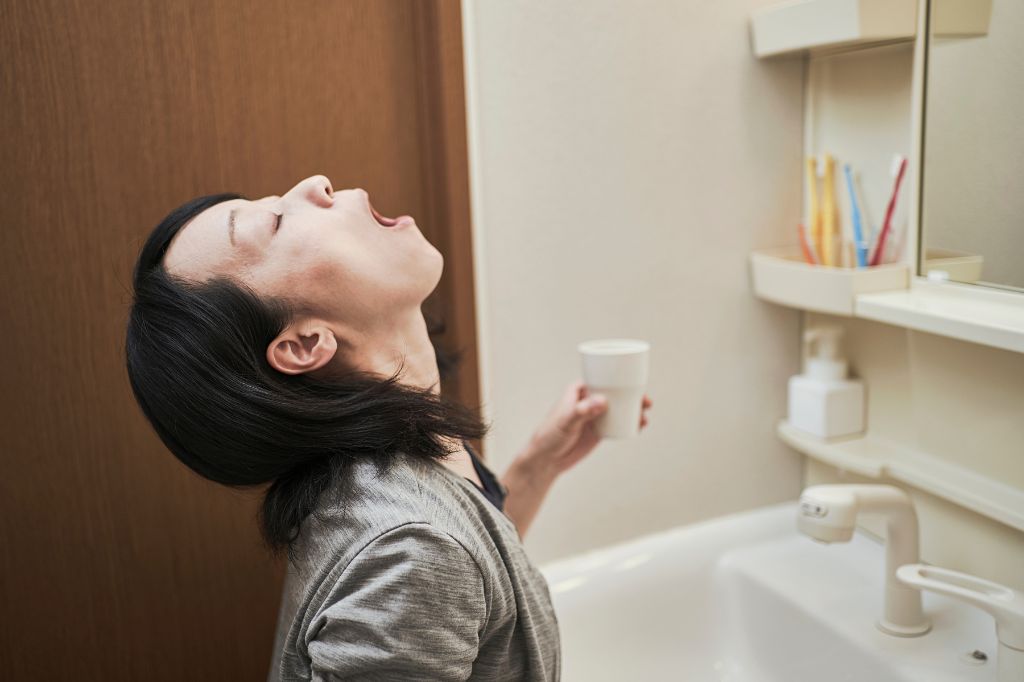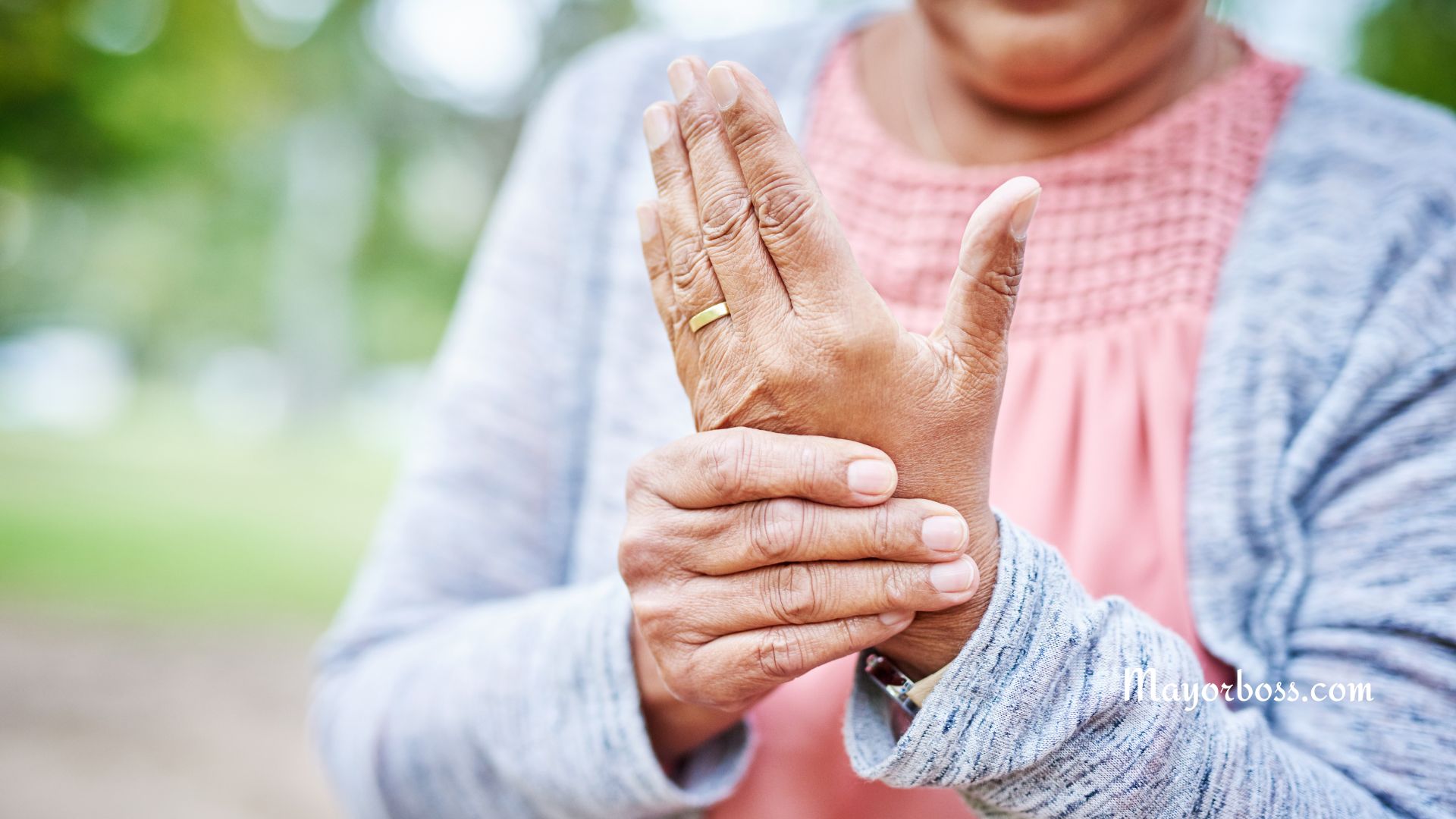10 Home Remedies to Reduce Heart Palpitations
Heart palpitations can feel like your heart is skipping a beat, fluttering, or pounding too fast. While they’re often harmless, they can still cause discomfort or concern—especially if they happen often. In many cases, palpitations are linked to lifestyle factors such as anxiety, stress, caffeine, pregnancy, alcohol, spicy food, or dehydration. (1) Fortunately, several home remedies may help calm your heartbeat and ease the sensation.
Here are ten remedies to consider.
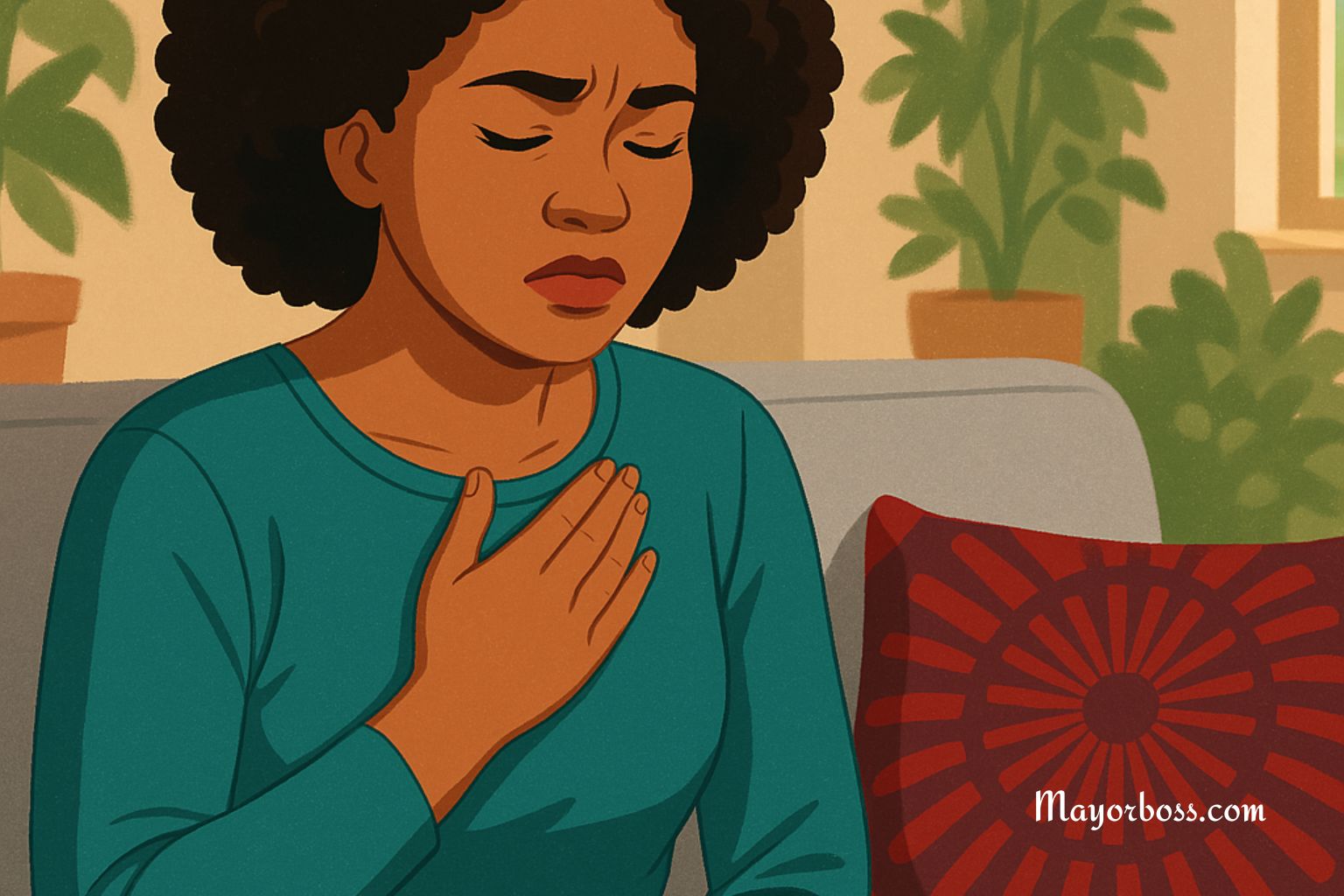
1. Practice Deep Breathing
Stress and anxiety are frequent triggers for heart palpitations. Deep breathing particularly helps your nervous system relax and can slow down a racing heart. (2) Try this simple method:
- Sit or lie down comfortably.
- Inhale slowly through your nose for 4 seconds.
- Hold your breath for 7 seconds.
- Exhale slowly through your mouth for 8 seconds.
Repeat this cycle a few times. Doing this regularly can train your body to respond more calmly to stress.
2. Stay Hydrated
Dehydration can affect your heart’s ability to pump blood effectively, sometimes causing palpitations. (3) Not getting enough fluids can lower blood pressure and reduce blood volume, making the heart work harder.
Aim to drink enough water throughout the day. If you sweat a lot or spend time in hot weather, increase your intake to make up for the fluid loss.
3. Limit Caffeine and Energy Drinks
Caffeine is a generally known stimulant that can increase heart rate and trigger palpitations in some individuals. It’s found in coffee, tea, chocolate, soda, and many energy drinks. Cutting back or eliminating these products may reduce symptoms.
If you suspect caffeine is contributing to your palpitations, try going without it for a few days and monitor how you feel.
4. Avoid Alcohol
Alcohol affects the heart’s electrical signals and can sometimes lead to irregular heartbeats, especially in people who drink heavily or binge drink. This phenomenon is often called “holiday heart syndrome.”
If you experience palpitations after drinking, it’s best to cut back or stop drinking alcohol altogether. Talk with your doctor if you need support with quitting.
5. Increase Magnesium Intake
Magnesium helps maintain a regular heartbeat. A deficiency may lead to arrhythmias or heart flutters. (4) Good sources of magnesium include:
- Leafy green vegetables (spinach, kale)
- Nuts and seeds (almonds, pumpkin seeds)
- Whole grains
- Legumes
Some people may need magnesium supplements, but consult your healthcare provider before taking magnesium supplements.
6. Manage Blood Sugar Levels
Low blood sugar can particularly cause the release of stress hormones like adrenaline, which may increase your heart rate. This can lead to palpitations, sweating, or shaking.
Eating balanced meals at regular intervals particularly helps stabilize blood sugar. Include proteins, healthy fats, and complex carbohydrates to avoid sudden spikes or drops.
7. Try Cold Water or Splashing Your Face
A sudden splash of cold water can activate the vagus nerve, which helps regulate heart rate. This response may calm your heart if it’s beating too fast. You can also try drinking a glass of cold water slowly.
This technique works best for palpitations related to stress or overexertion, but avoid it if you have underlying heart conditions without medical guidance.
8. Reduce Stress With Gentle Exercise
Light exercise like walking, yoga, or stretching can release endorphins and ease stress, which often reduces palpitations.
However, intense workouts may sometimes trigger symptoms in sensitive individuals. If you’re new to exercise or have a heart condition, consult your doctor before starting a new routine.
9. Avoid Stimulant Medications
Certain over-the-counter medications—especially those used to treat colds, allergies, or weight loss—can contain stimulants that raise heart rate. Ingredients like pseudoephedrine or phenylephrine may be responsible.
Check labels carefully and speak with a pharmacist or doctor if you’re unsure which products are safe to use.
10. Get Enough Sleep
Poor sleep quality and sleep deprivation can increase the likelihood of palpitations. Sleep helps regulate hormones and nervous system activity that affect heart rhythm.
Try to go to bed and wake up at the same time every day. Avoid screens before bedtime and create a calm, dark, and quiet sleep environment.
When to See a Doctor
While home remedies may help reduce occasional palpitations, frequent or intense episodes should not be ignored. Seek medical care if your palpitations come with:
- Chest pain or discomfort
- Shortness of breath
- Dizziness or fainting
- A feeling of weakness or fatigue
These may indicate an underlying heart problem that requires prompt evaluation.
Final Thoughts
Heart palpitations can be uncomfortable, but small changes in your daily habits often make a noticeable impact. Focus on staying hydrated, managing stress, avoiding stimulants, and supporting your body with good nutrition and rest. If your symptoms continue or worsen, speak with your healthcare provider for further guidance and testing.

